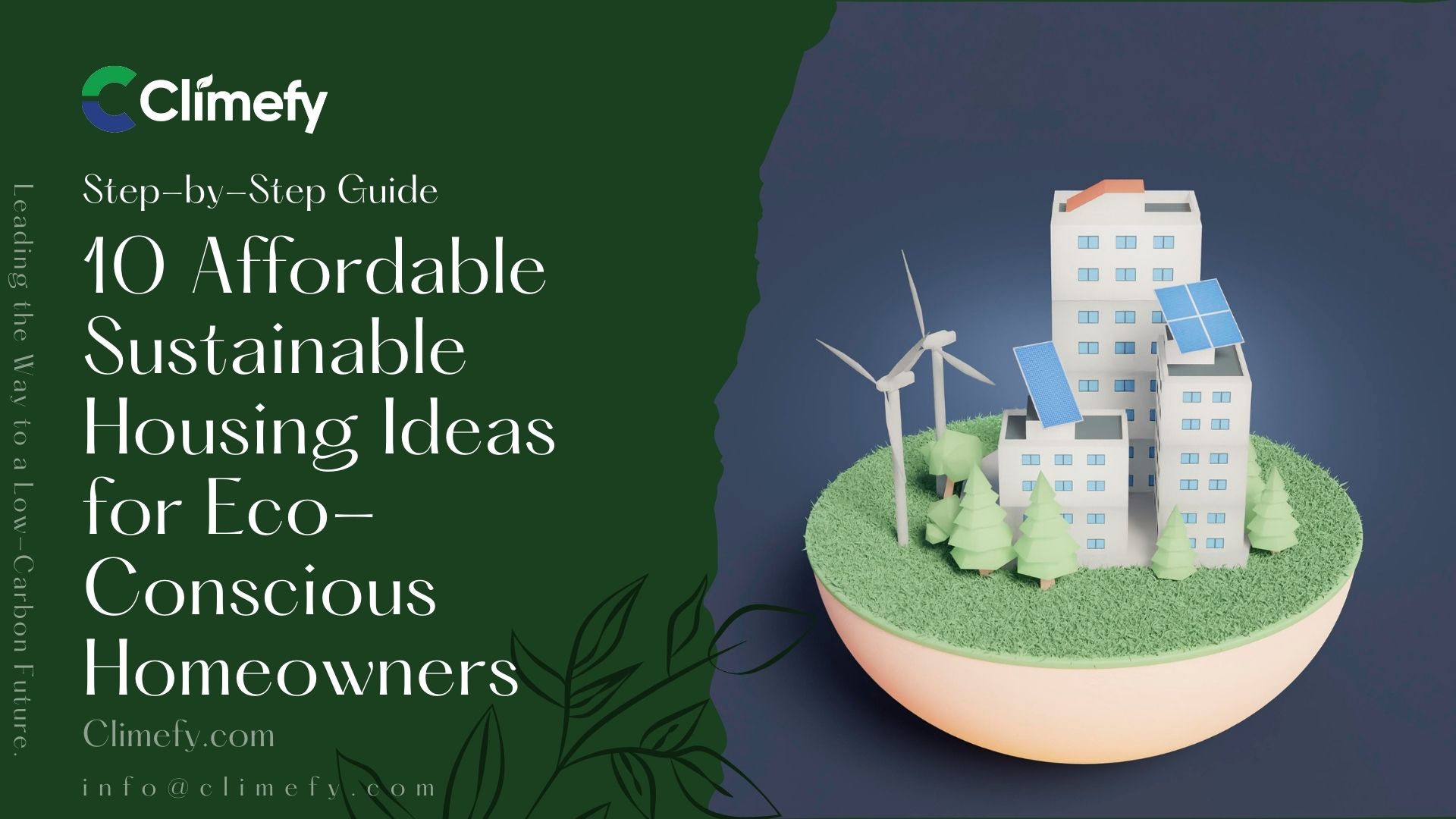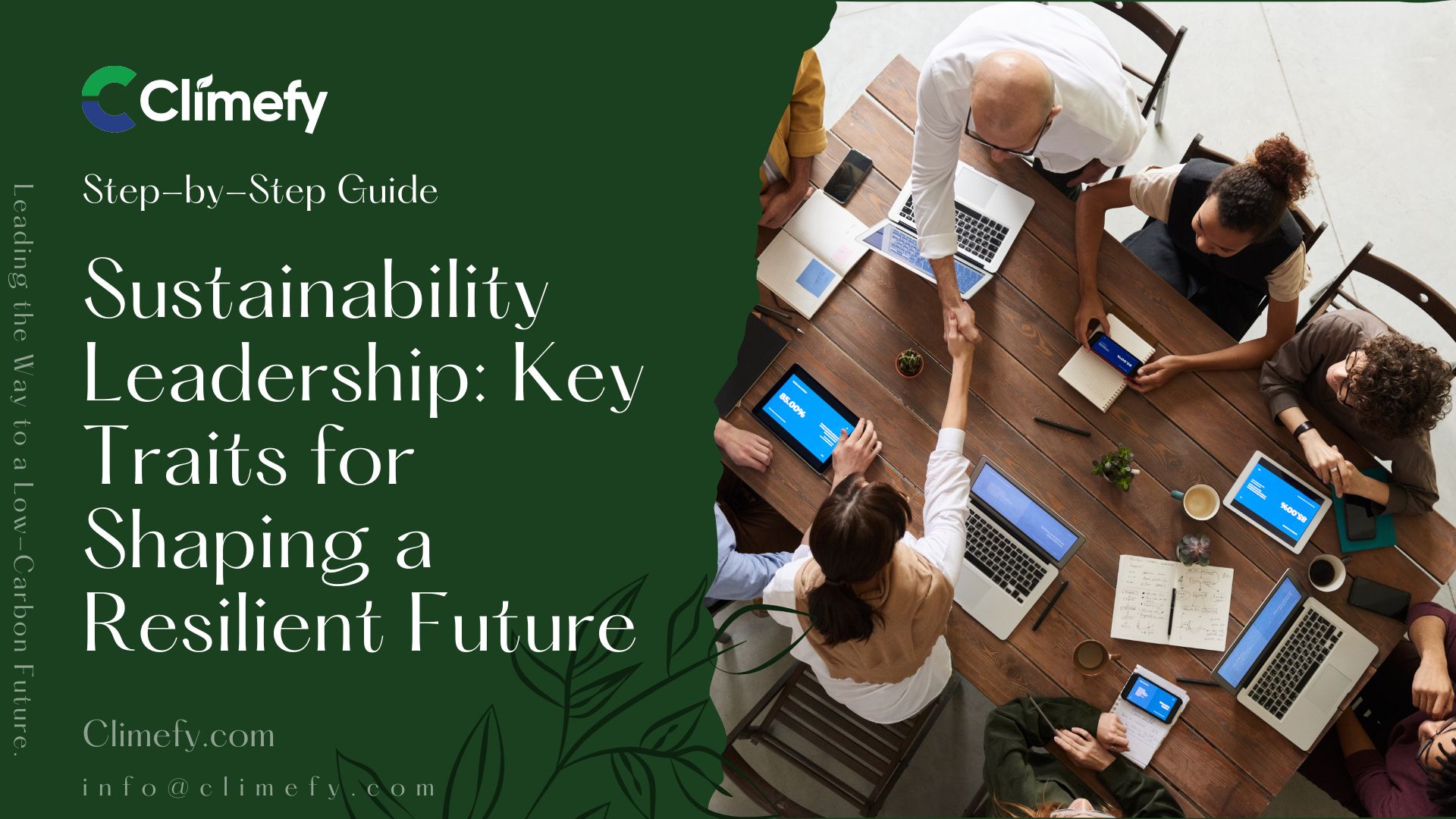Affordable sustainable housing is no longer a distant dream but an achievable reality for homeowners who are conscious of their environmental impact. This comprehensive guide delves into ten practical, cost-effective strategies to build or
Designing your corporate sustainability report is a critical strategic undertaking that transcends mere compliance. It is your organization’s primary vehicle for communicating its environmental, social, and governance (ESG) performance, ambitions, and impact to
Sustainable construction is the cornerstone of building a resilient, low-carbon future. This comprehensive philosophy integrates environmentally responsible and resource-efficient processes throughout a building's lifecycle, from initial siting to design, construction, operation, maintenance, renovation,
Sustainable solutions for modern business are no longer optional corporate social responsibility projects but essential components of long-term viability, risk management, and competitive advantage. In today's rapidly evolving marketplace, companies face increasing pressure from
Sustainability leadership is the critical force driving the transition toward a just, equitable, and low-carbon global economy. It transcends traditional management by embedding environmental stewardship, social responsibility, and long-term value creation into the
Sustainable procurement is the intentional integration of environmental, social, and governance (ESG) criteria into an organization's purchasing decisions and supplier relationships, going beyond cost and quality to consider the full lifecycle impact of goods
A well-crafted sustainability policy is the foundational document that formally outlines an organization’s commitment to environmental stewardship, social responsibility, and ethical governance. This article provides a definitive, step-by-step guide to drafting a robust
Sustainable agriculture is an integrated system of plant and animal production practices that will, over the long term, satisfy human food and fiber needs, enhance environmental quality and the natural resource base upon which
Sustainability consulting is a specialized professional service that guides organizations in integrating environmental, social, and governance (ESG) principles into their core strategies and operations. It empowers businesses to navigate the complex landscape of climate










![What is Sustainability Consulting? And why do we need it? [Ultimate Guide] 18 What-is-Sustainability-Consulting-And-why-do-we-need-it](https://climefy.com/wp-content/uploads/2025/11/What-is-Sustainability-Consulting-And-why-do-we-need-it.jpg)